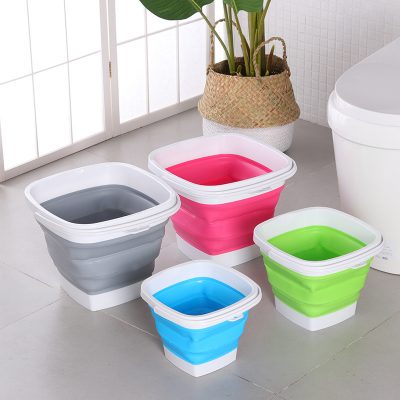Introduction: In agriculture, efficient water management is crucial for maximizing crop yields and promoting sustainable farming practices. Water buckets have proven to be valuable tools in supporting sustainable irrigation practices, particularly in small-scale and subsistence farming. In this blog, we’ll explore how water buckets contribute to efficient irrigation and water conservation in agricultural settings.
- Precise Water Application: Water buckets provide a manual and precise method of watering plants. Farmers can control the amount of water delivered to each plant, ensuring optimal moisture levels without wastage.
- Rainwater Harvesting: Water buckets are excellent tools for rainwater harvesting. Farmers can collect rainwater during the wet season and store it in buckets for later use during dry periods, reducing reliance on groundwater or surface water sources.
- Targeted Irrigation: In areas with limited water resources, water buckets allow for targeted irrigation. Farmers can focus water application on specific plants or areas, optimizing water usage and reducing water loss due to runoff.
- Portability and Versatility: Water buckets are portable and versatile, making them suitable for use in various agricultural settings. Farmers can easily move and distribute water using buckets, even in areas without access to irrigation infrastructure.
- Water Conservation: By using water buckets, farmers can adopt water conservation practices. The controlled water application and rainwater harvesting reduce water wastage and promote responsible water use in agriculture.
Conclusion: Water buckets play a crucial role in supporting sustainable irrigation practices in agriculture. Their precise water application, rainwater harvesting capabilities, targeted irrigation, portability, and water conservation features contribute to efficient water management and sustainable farming practices.
















